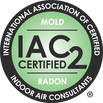Mike's Home Inspector BlogMichael Burfitt |
|
There is a common saying, especially to those who grew up in areas such as Southern Ontario and Nova Scotia that says “it’s not the heat, it’s the #%$@# humidity!”. We in the Halifax area feel the effects of our humid summers and even though we live in a cold climate, it certainly doesn’t feel that way in the dog days of summer! In short, it’s not just about what the air temperature is that determines our comfort level. Having a background in building services, I have done extensive training in the complex nature of modern buildings and how measurables such as temperature, humidity and pressure are continuously monitored and fine tuned. This is known in the industry as psychrometrics. To give you a quick idea of how complex these calculations are, here is a simple psychrometric chart. I would imagine that your eyes glazed over at this point. This blog is written for you, the everyday homeowner and not an HVAC specialist so let’s break it down in simple terms: the comfort level in your home is based on both temperature AND humidity, which are heavily influenced by air pressure.
Understanding Air Pressure in One Minute Something few homeowners consider is the importance of balancing air pressure in a home. Put simply, air always flows from higher to lower pressure. Having a positive pressure relative to the outside will cause air to be pushed into walls and insulation and having negative pressure relative to the outside will cause outside air to rush in to balance out the pressure difference, neither of which is desirable, especially on a cold winter day. This can also lead to a common complaint I hear about woodstoves and fireplaces causing smoke to enter the home rather than go out the chimney. Like in most homes, our air vents were strategically placed to maximize air balancing and keep conditioned air inside the home where it belongs, while minimizing heating and cooling bills. Humidity is Important Too! It is important to consider not only temperature but relative humidity as well. A general rule of thumb is that it should be between 40-60% in the average home. Since cold air holds a lot less moisture, heated winter air can be very dry. This can lead to many issues such as bloody noses, dry skin, asthma, static shocks and cracked wood products. We are in the time of year where the average home can start to have too much humidity. Not only can this lead to feeling hot and uncomfortable, but also mold growth and moisture damage to the home. As I have said countless times, moisture is the #1 enemy of homes. Therefore, it is imperative that homeowners operate a dehumidifier in the summer months. If this post doesn't make it clear, there are many very good reasons to have your HVAC system inspected annually by a qualified technician. I had an incident recently where our kitchen sink was suddenly not draining. Before this event, we had no issues whatsoever when using the faucet. I tried the usual methods: snaking both sides of the sink, using drain cleaner, and pouring hot, soapy water down the drain. Nothing seemed to work, and the slow drain continued. Eventually it became clear that the entire drain system visible under the sink would have to be completely removed and replaced, as acrylonitrile butadiene styrene (aka ABS) is not generally feasible to repair. Upon dismantling the plumbing I quickly found out what the problem was. I was going to post detailed pictures of the issue, but I want you to hold onto your lunch today. Essentially, the top of this p trap (where the black pipe meets the part with white paint) was nearly completely clogged with a disgusting brown sludge known as a fatberg. This should not happen under normal operation, so I went to investigate further. I quickly discovered that the previous owners of our home had washed what appeared to be 2 long bamboo sticks down the sink. Over time, these sticks grabbed onto food and other particles and led to a reduction in water velocity going to the main drain line. As a direct result, the sludge was not forced down to the main line and slowly built up over time.
Much like Radon and Asbestos, being careless about putting items that don’t belong down the sink, such as grease or sticks, isn't likely to cause any short-term issues. However, the cumulative effects can come years down the road, often with little to no warning. If you were to tell me the week before I took the drain apart that it was full of sludge, I would not believe you, but the evidence was clear as it was obvious why our sink was not draining properly. The plus side is that we now have a clean slate, where we can be careful not to have this incident repeat. While it wasn’t an expensive fix (about $100 total), it was not fun having to spend a Monday evening (and into Tuesday morning) making this emergency repair, all while having a counter full of dirty dishes. Many homeowners believe that small, careless decisions or neglect of their home won’t make much difference to them in the long run. This may be true during their time of ownership of the home, however it will eventually result in issues. Our clogged sink started slowly building up years ago and although we could not have seen this when we moved in, many other preventable surprises can be detected with a home inspection. |
Archives
July 2024
Categories
All
|
|
Inside Edge Home Inspections Ltd.
Halifax, NS 902-209-9921 [email protected] Proudly Serving the HRM & Central Nova Scotia |
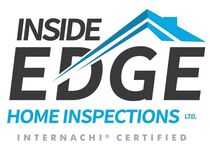
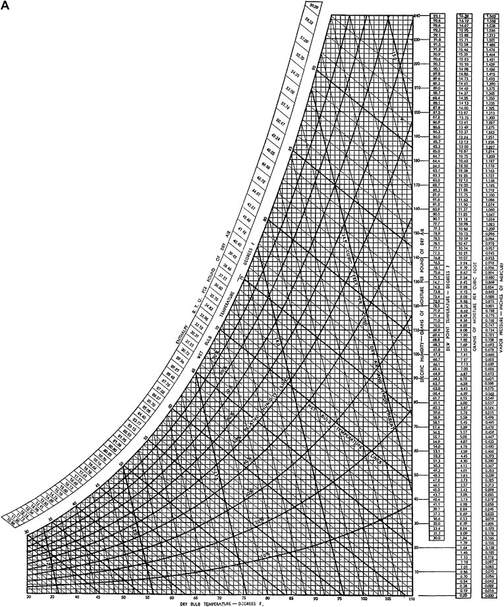
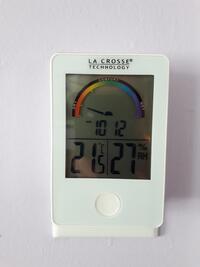
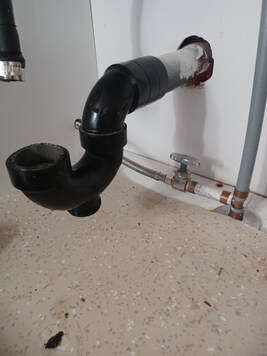
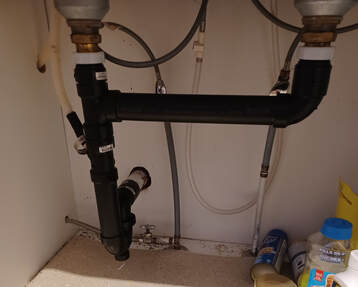
 RSS Feed
RSS Feed

